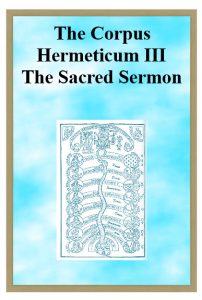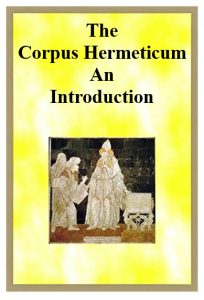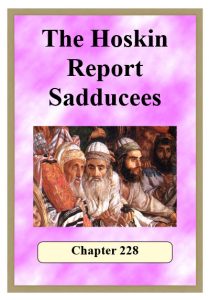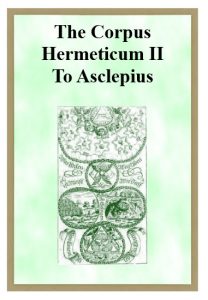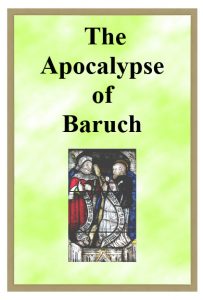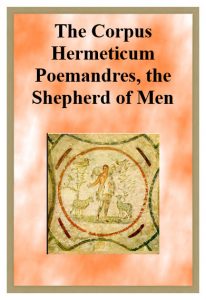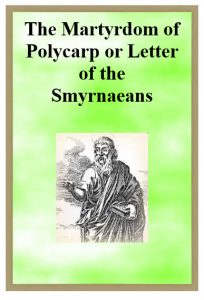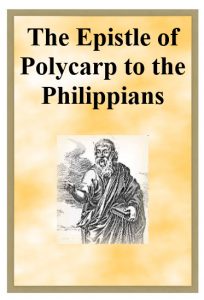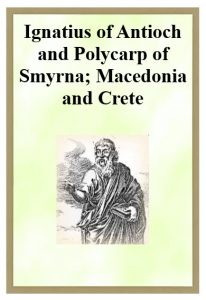THIS BRIEF AND APPARENTLY SOMEWHAT GARBLED TEXT RECOUNTS THE CREATION AND NATURE OF THE WORLD in terms much like those of the Poemandres. The major theme is the renewal of all things in a cyclic universe, with the seven planetary rulers again playing a major role. – J M G
1. The Glory of all things is God, Godhead and Godly Nature. Source of the things that are is God, who is both Mind and Nature – yea Matter, the Wisdom that reveals all things. Source [too] is Godhead – yea Nature, Energy, Necessity, and End, and Making-new-again. Darkness that knew no bounds was in Abyss, and Water [too] and subtle Breath intelligent; these were by Power of God in Chaos.
Then Holy Light arose; and there collected ‘neath Dry Space (literally: “sand”) from out Moist Essence Elements; and all the Gods do separate things out from fecund Nature.
2. All things being undefined and yet unwrought, the light things were assigned unto the height, the heavy ones had their foundations laid down underneath the moist part of Dry Space, the universal things being bounded off by Fire and hanged in Breath to keep them up.
And Heaven was seen in seven circles; its Gods were visible in forms of stars with all their signs; while Nature had her members made articulate together with the Gods in her. And [Heaven’s] periphery revolved in cyclic course, borne on by Breath of God.
3. And every God by his own proper power brought forth what was appointed him. Thus there arose four-footed beasts, and creeping things, and those that in the water dwell, and things with wings, and everything that beareth seed, and grass, and shoot of every flower, all having in themselves seed of again-becoming.
